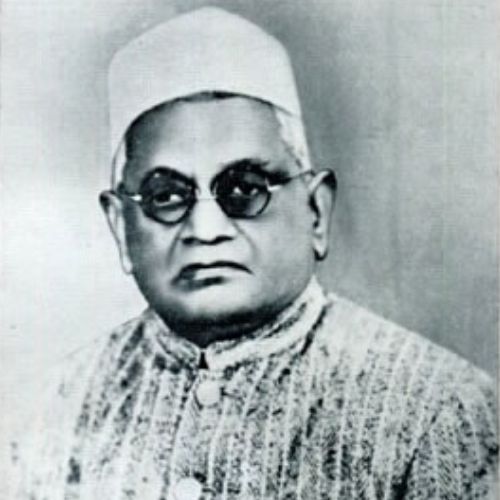Early Life:
A pioneer of the cooperative societies’ movement in the Madras province, T.A. Ramalingam Chettiar was born on 18 May 1881 in Tiruppur. Chettiar was sent for schooling in Coimbatore. He then obtained his degree from the Presidency College at Madras in 1904. Later, Chettiar practiced as a lawyer in the Madras High Court. He served as the Chairman of the Bar Council of Madras.
Role in India’s Independence Movement:
Chettiar began his political career during his tenure as the Chairman of the Bar Council of Madras. He was appointed as the Chairman of the District Board of Coimbatore in 1913. He went on to serve as the Chairman of the Coimbatore Municipality. In 1921, Chettiar became a member of the legislative Council of Madras and continued till 1939.
Chettiar was associated with the cooperative society movement since 1911. He founded the Tamil Nadu Cooperative Federation. He promoted the movement in his monthly publication called Kooturavu (cooperative). Chettiar established the Ramalingam Co-operative Training Institute in Coimbatore – to train the youth on operating and managing a co-operative society.
Contribution to Constitution Making:
Chettiar was elected to the Constituent Assembly in 1946 from Madras province. He intervened in the debates around language and cottage industries.
Later Contributions:
Chettiar was elected to Parliament in 1951 from Coimbatore.
- Chettiar accepted Hindi as the official language as a compromise because it was spoken by many Indians. However, he did not accept it as the national language.
- While discussing the language issue on adopting Sanskrit as the national/official language, he vehemently opposed the argument that Sanskrit was the mother of all Indian languages and emphatically stated that Tamil was not derived from Sanskrit.
- When the Assembly was discussing the directive principles on state policy to promote cottage industries, Chettiar moved an amendment to provide that the State should endeavour to promote cottage industries on cooperative lines. He stated that co-operative societies were necessary to facilitate supply of raw materials and the marketing of the produce which individual based cottage industries have been unable to do efficiently. This amendment was partially accepted- the Assembly adopted a provision which states that the state should promote cottage industries on individual or co-operative basis.

